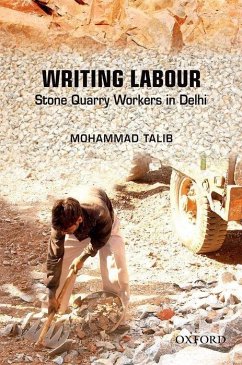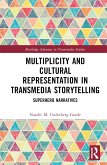This book focuses on labour located beyond the expanding rim of south Delhi and beneath the radar of effective law and policy. Building upon the personal narratives of the people who constitute this labouring class, this study also attempts to record their dwindling oral tradition. This monograph brings to the fore the dynamics of their survival against the wider sphere of India's working class. It offers novel ways of entering the inner world of these masses to interpret their symbolism and significance in the informal economy. It questions the view that these people are passive objects and instead tries to portray them as active negotiators of their own circumstances, however dismal. This book is crucial to the current debates about labour and development studies. It draws public attention to this section of humanity whose story of social exclusion and struggle for survival is rarely heard amidst the counter narratives on the boom in the formal globalized economy.
Drawing from the author's intensive fieldwork, this book examines stone-quarry workers on the expanding fringes of south Delhi and offers ways to enter and interpret their world. The study views them as active agents negotiating extreme poverty, exploitation, and oppression and offers a fresh perspective on what it means to be a worker at the lowest rung of the current globalized society.
Hinweis: Dieser Artikel kann nur an eine deutsche Lieferadresse ausgeliefert werden.
Drawing from the author's intensive fieldwork, this book examines stone-quarry workers on the expanding fringes of south Delhi and offers ways to enter and interpret their world. The study views them as active agents negotiating extreme poverty, exploitation, and oppression and offers a fresh perspective on what it means to be a worker at the lowest rung of the current globalized society.
Hinweis: Dieser Artikel kann nur an eine deutsche Lieferadresse ausgeliefert werden.








